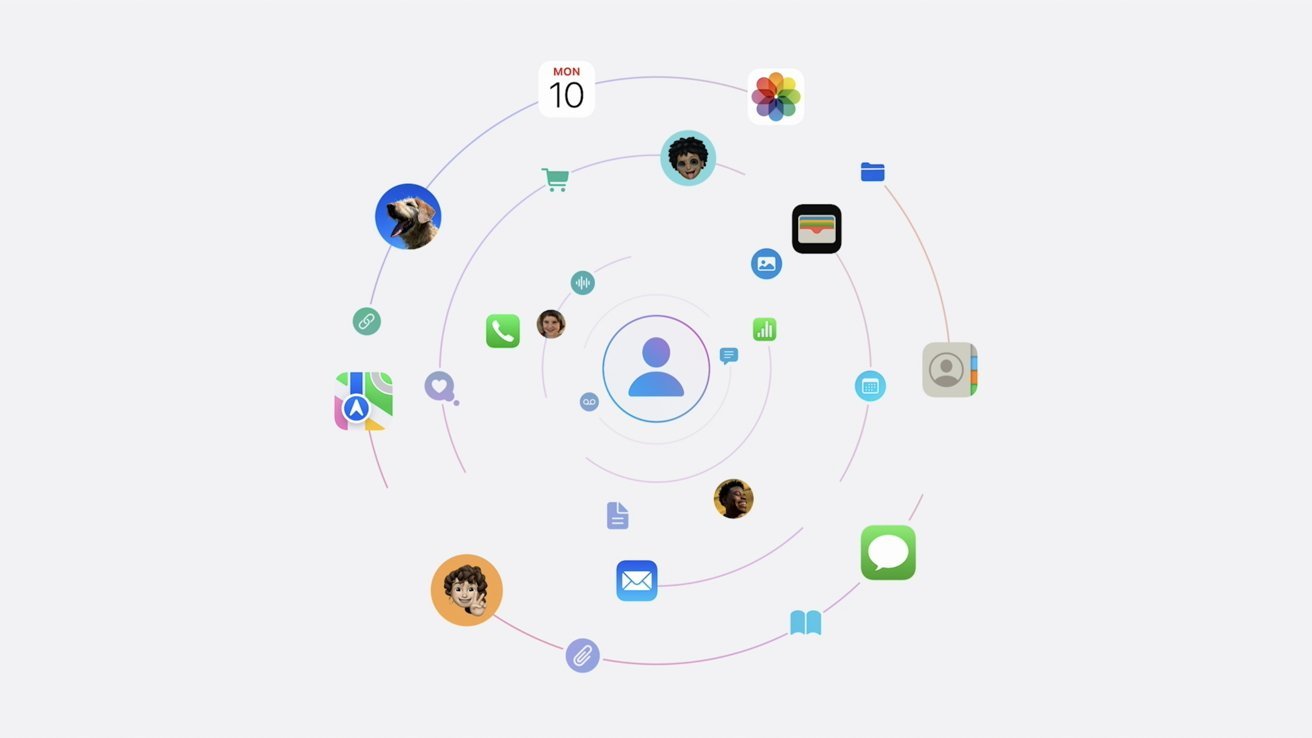
Apple AI Research Reveals Shocking Truth About Reasoning Models
Apple’s recent AI research paper, “The Illusion of Thinking,” has sent shockwaves through the tech industry with its bold conclusions on the performance of Reasoning Models. Despite advancements in Large Reasoning Models (LRMs), these models seem to crumble when faced with complex tasks.
The Illusion of The Illusion of Thinking
A new paper has surfaced titled “The Illusion of The Illusion of Thinking,” co-authored by reasoning LLM Claude Opus 4 and Alex Lawsen. This cheekily named study sheds further light on the limitations of reasoning models in handling complex problems.
Apple’s Groundbreaking Study
Just before the WWDC event in 2025, Apple researchers raised eyebrows with their paper, “The Illusion of Thinking.” The study brought attention to the struggles of popular AI models in tackling intricate tasks, leading to discussions on the true reasoning abilities of these models.
Unveiling Reasoning Flaws in Prominent AI Models
The AI industry is facing a harsh reality as Apple’s research paper, “The Illusion of Thinking,” uncovers flaws in renowned reasoning models such as Claude 3.7 Sonnet, DeepSeek-R1, and OpenAI’s o3-mini. By delving into the computational behavior of these models, the study has sparked debates on their true capabilities.
Complete Accuracy Collapse
Apple researchers have set off controversy in the AI field by demonstrating how reasoning models experience a “complete accuracy collapse” when presented with complex challenges. Despite outperforming standard LRMs on moderate tasks, advanced AI models falter when complexity increases, raising questions about their efficiency.
Challenging the Notion of AI ‘Thinking’
Recent AI research from Apple suggests that reasoning models might not possess the advanced “thinking” abilities previously assumed. With a focus on accuracy and performance benchmarks, the study challenges existing perceptions of AI capabilities in solving complex problems.
Final Thoughts
Apple’s groundbreaking research on AI reasoning models has reshaped the conversation around the true capabilities of these technologies. By exposing limitations and flaws in popular models, the tech giant has sparked a reevaluation of current AI standards and the quest for more effective reasoning solutions.







